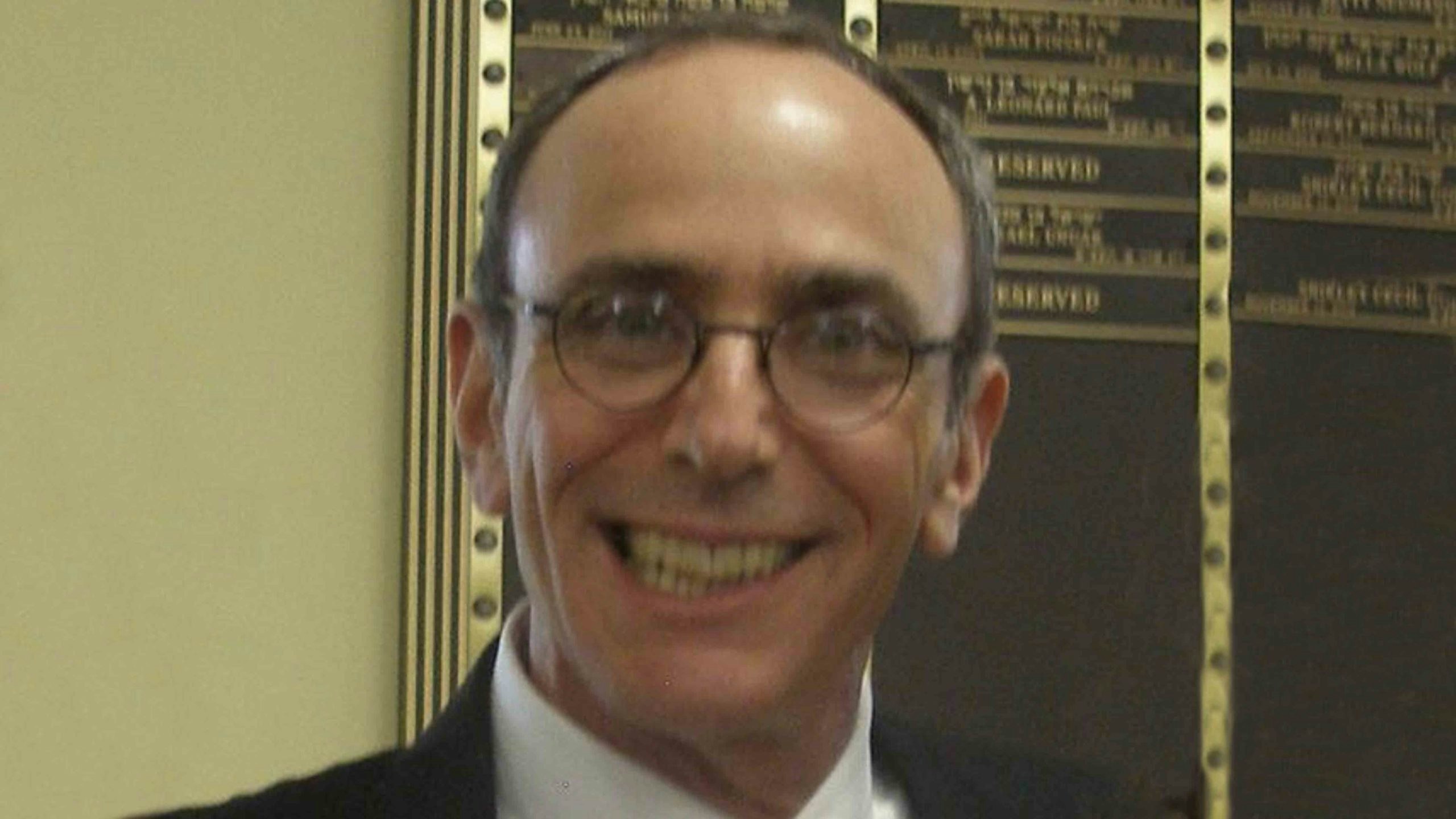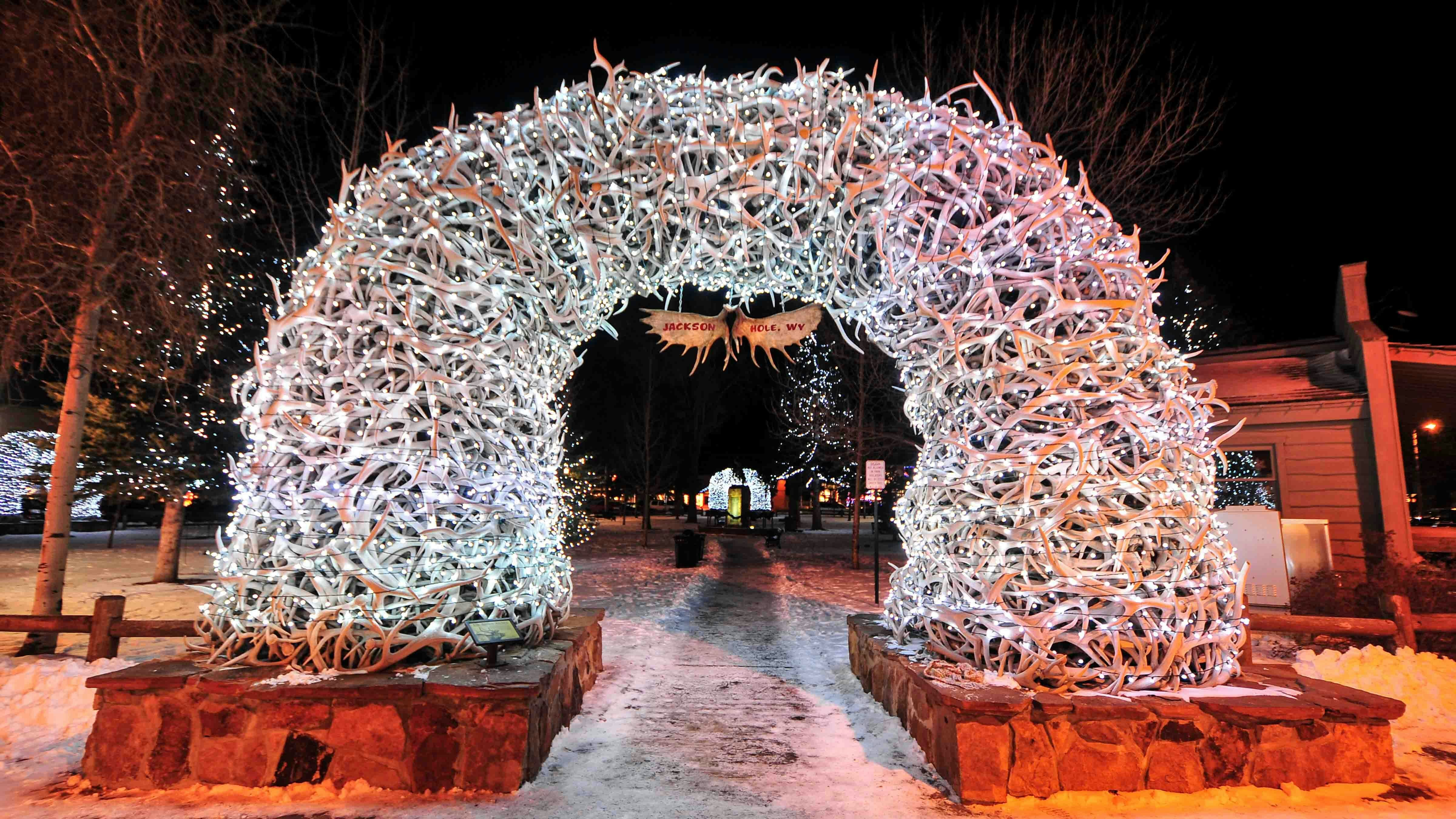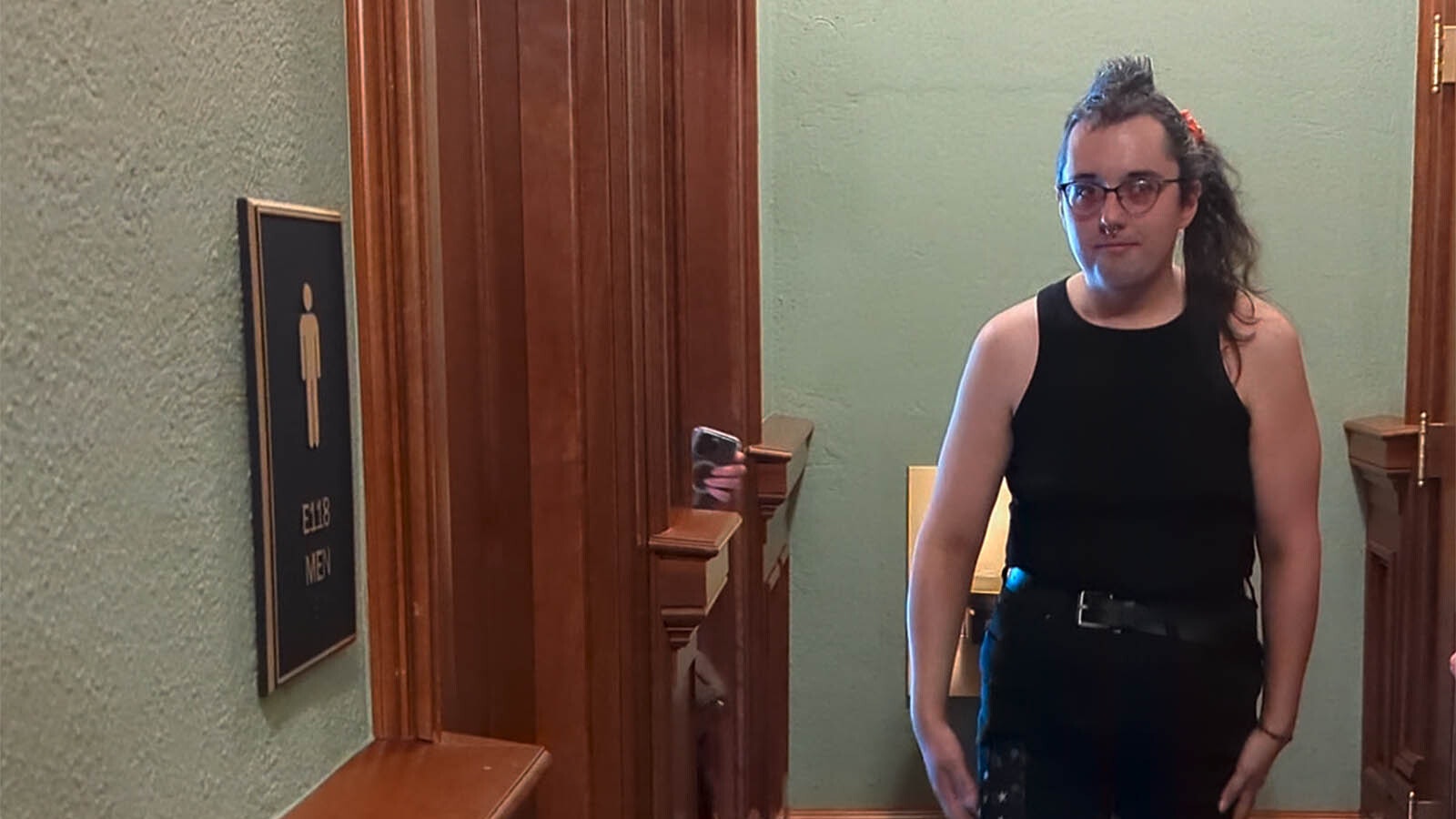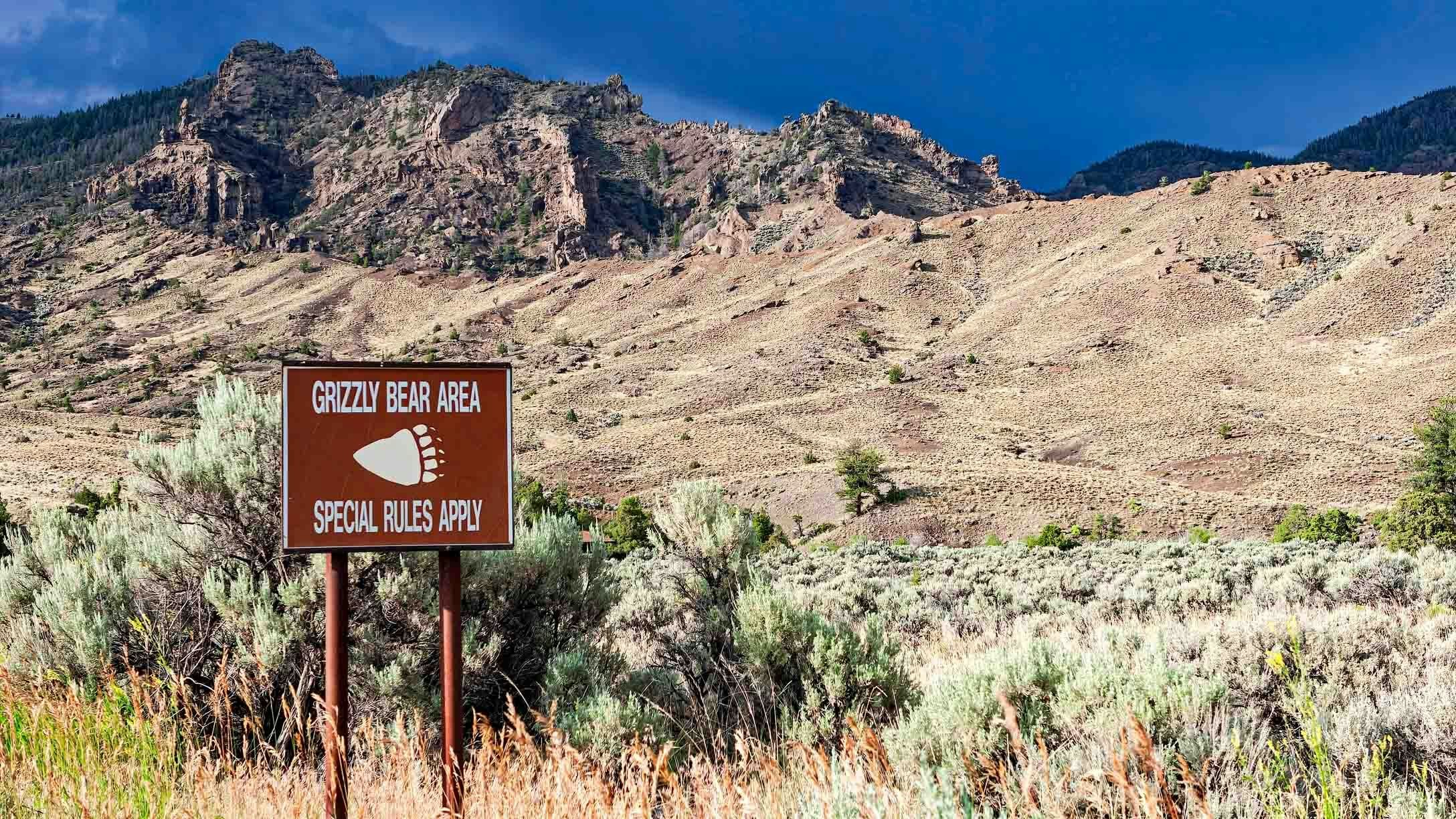Dear editor:
When John F. Kennedy was a senator from Massachusetts and became serious about running for national office, in 1956, he published a book called Profiles in Courage.
The book was a compilation of stories of U.S. senators and a congressman who had put principle ahead of preferment, that is, they had publicly voted for something they knew would likely harm or even destroy their careers because they were certain it was the right thing to do and it was about a matter of national importance.
The central idea of Kennedy’s book was that it took courage and character for an elected official to make an unpopular choice, perhaps a career-ending choice, yet in some circumstances it was the right thing to do.
America read the book, understood that Kennedy was saying this was his model of how to behave in office, and generally agreed with his assessment that courage and character were more important than going along with the crowd.
At the time no one argued that the cowardly acceptance of bad policy, or that “holding [one’s] nose” and ignoring or supporting sedition, attempting to prevent the peaceful transfer of power or lying about the results of elections were admirable things to do.
Certainly no one in Wyoming at that time argued that holding one’s nose when confronted with sedition and lying on a massive scale was admirable behavior.
Bill Sniffin, who writes a column for Cowboy State Daily, just might be old enough and literate enough to have read Profiles in Courage and it is therefore sad that he has forgotten whatever he might have learned from that book or elsewhere about political ethics.
In a recent column in Cowboy State Daily, Sniffin argued that Liz Cheney could have been the next Republican Speaker of the House, if only she sat quietly and “held her nose” when confronted with Trump’s instigation of the attack on The Capitol and Trump’s repeated lie that he only lost the election because of election tampering, rigging or other misconduct.
Cheney, of course, knew the truth: Trump lost the election because his habitual lying, boasting, bullying, preening, narcissism and degeneracy had alienated swing voters who had given Trump a chance in 2016 but who were not going to give him a chance in 2020 to misbehave in and from the White House for another four years.
The fact that many of her constituents were among the benighted souls who thought Trump’s obvious character defects were not defects at all, but features, and that her constituents did not recognize that he was a caricature of a human being and a parody of a president, did not sway her from speaking the truth because she thought this a matter of national importance.
She was, of course, right. An assault on the peaceful transfer of power after a fair and free election in the United States is not acceptable and that needs to be said out loud and publicly even to Wyomingites who don’t want to hear that simple truth. It was an assault on the Constitution and an assault on the Republic.
Other Wyoming politicians, of course, played along. The routinely mediocre Senators Barrasso and Lummis avoided the issue as much as possible so as not to endanger their chances of holding office.
The degraded Chuck Gray, Bob Ide, Harriet Hageman and a host of even dimmer lights in the Wyoming GOP actively took up the battle cry that the election was rigged, or could have been rigged, or in some other way actively advanced the big lie that Trump had not lost fair and square and the equally big lie that American elections are not to be trusted but are routinely subject to corrupt manipulation.
These Wyoming politicians understood that they were playing to an audience of resentful, rural, angry, politically and historically illiterate, unhappy and in some cases deluded constituents and that the “safe” thing to do for their careers in government and for their advancement in power was to either hold their nose and ignore the assault on the Republic or to actively go along with it.
It is not shocking that Liz Cheney chose a different course. For one thing, she probably did not plan to make a career of serving in the House from Wyoming and would have preferred an appointment to the executive branch.
Secondly, she was tied not to the degraded MAGAbilly wing of the Republican Party but to that wing which had produced intelligent, and in some cases principled, policy makers since Lincoln. And, of course, unlike many of her colleagues, she both recognized the threat to the Republic and cared about it enough to jeopardize her career.
That was what John F. Kennedy and most of America recognized as political courage and character in the 1950s as admirable political ethics.
In his column, Bill Sniffin gave his readers an upside-down ethics for a time of upside-down politics. Perhaps in a time like 2016-2020 and in a place like Wyoming, when lying at the level at which Trump did it had become normalized, when boasting and bullying were admired and when obvious personality disorders were seen as assets, Sniffin’s observations make sense.
When cowardice is valorized, a politician ought to “hold his nose.” When the Capitol is attacked the proper response is to hold one’s own nose.
When election integrity is undermined by outright lies, hold the nose. In Sniffin’s upside-side down ethics, the Republic takes second place to political preferment, His ethics of “holding one’s nose” in the face of a clear threat to the Republic worked for others, so why not for Liz Cheney?
It didn’t work for Liz Cheney because unlike a majority of Wyoming voters and unlike Sniffin himself, her view still honored courage and character. Honoring courage and character is difficult concept for the majority of Wyoming voters and for some Wyoming writers of columns.
Perhaps Sniffin will soon favor us with a book of his own political principles as expressed in his recent column and call it Profiles in Cowardice.
Sincerely,
Mike Krampner
Krampner is a graduate of the University of Wyoming College of Law, who lived in Wyoming and practiced law in Wyoming for 32 years. He also holds a Ph.D. in History from the University of Maryland. He currently lives in Jerusalem, Israel, where he continues to follow Wyoming politics.





